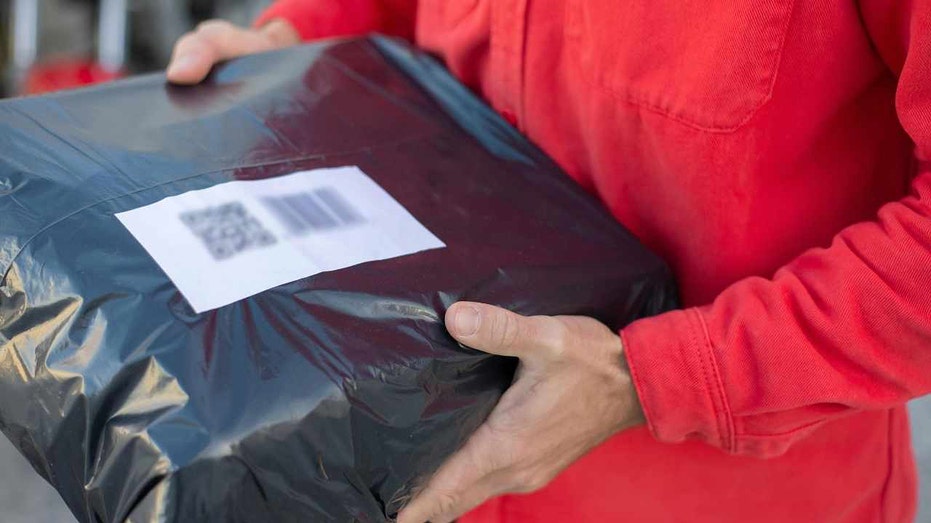FBI Issues Urgent Warning About Deceptive QR Code Packages Used in Sophisticated Scam

The convenience of QR codes, once limited to scanning menus or making quick payments, has been exploited by cybercriminals to carry out a rise in scam operations. Recent FBI alerts highlight a troubling trend where malicious actors send unsolicited packages containing QR codes designed to steal personal data or infect devices with malware.
These packages often arrive without any sender information, sparking curiosity and prompting recipients to scan the mysterious code. Once scanned, the QR code directs users to fraudulent websites that solicit sensitive information such as banking details, login credentials, or credit card numbers. In some cases, the code silently installs malware that monitors device activity, logs keystrokes, or siphons off cryptocurrency funds.
Originally, schemes involving unexpected packages were part of “brushing scams,” which involved sending free products and posting fake reviews. However, criminals have shifted from nuisance tactics to targeted fraud, turning QR codes into powerful tools for digital theft.
The FBI emphasizes that this scam variation relies heavily on curiosity and the trust people place in QR codes embedded in everyday items like flyers, stickers, or packages. Since QR codes reveal nothing until scanned, fraudsters use the mystery to lure victims into dangerous traps. Victims often remain unaware of data breaches until they notice unauthorized transactions or suspicious account activity.
To stay protected, experts recommend several key precautions. Never scan QR codes from unknown sources or unsolicited packages. Use reputable security software, which can detect and block malicious websites or malware downloads. Only scan QR codes from trusted businesses—such as your bank, airline, or established retailers—and always preview the URL by pressing and holding the code if your phone allows. Look out for suspicious URL patterns, misspellings, or shortened links before proceeding.
Reducing your digital footprint by removing personal information from marketing databases and search sites can also minimize targeted scams. Services that monitor and manage online data can help make you less vulnerable to fraud attempts.
Additionally, enabling two-factor authentication (2FA) adds an extra security layer to your accounts, making unauthorized access more difficult for cybercriminals. Regularly updating your device’s operating system and apps ensures that security vulnerabilities are patched, reducing the risk of malware infections from malicious QR codes.
If you receive an unexpected package with a QR code, report it to local authorities and consider filing a complaint with the FBI’s Internet Crime Complaint Center. Such actions help authorities track scam operations and protect others from falling victim.
While QR code scams are still emerging, these tactics demonstrate how quickly cybercriminals adapt to new technology. Always approach unknown packages or codes with caution—resist the urge to scan until you verify their legitimacy. When in doubt, report suspicious activity to prevent becoming a victim of this evolving threat.



